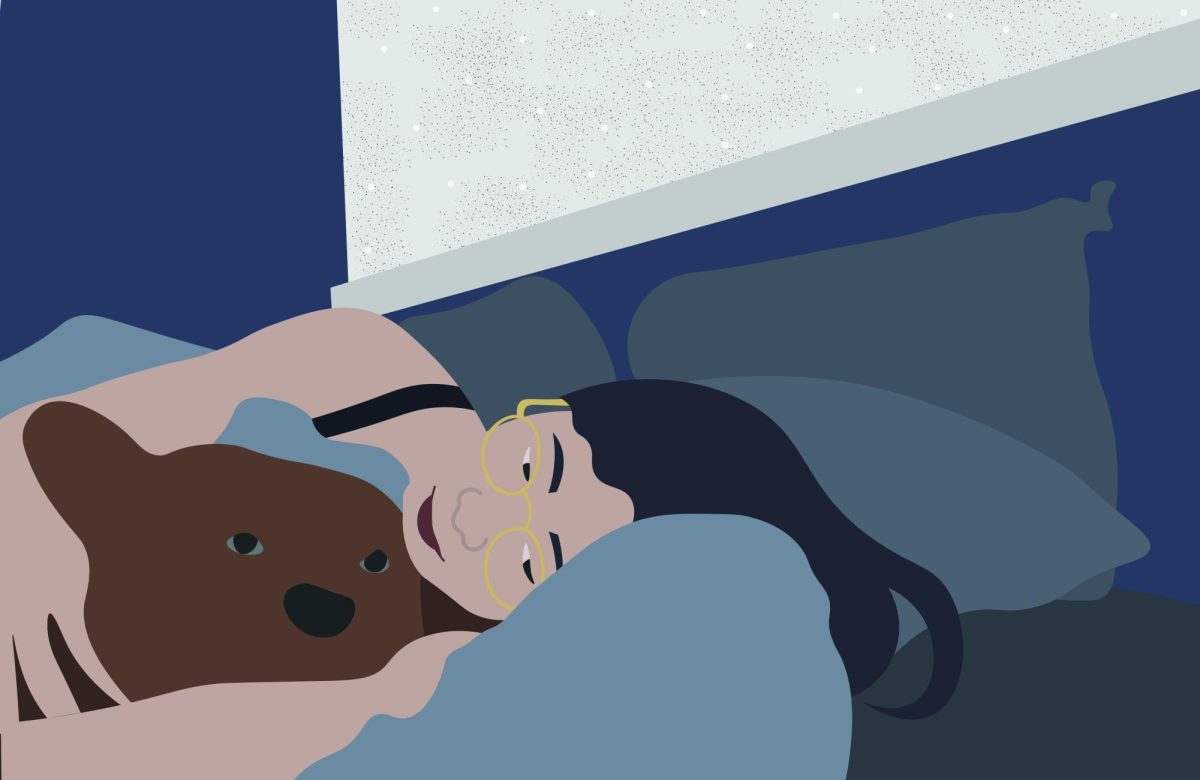Fair and Lovely skin cream, lemons and oversized hats protected young Leah Mani’s skin from growing darker in the sun. Growing up, Mani quickly learned beauty meant everything in Indian culture, and in order to be beautiful her skin needed to be light, her face needed to be perfect, her body needed to be slim, and she needed to be successful.
“My parents’ expectations of what I would turn out to be were different than what I wanted to be,” Indiana University marketing and business analytics major Mani said.
Colorism is a “learned behavior” in Indian culture that is passed down from generation to generation. Fair skin is considered beautiful, so when Mani was in middle school she was sure to wear makeup lighter than her skin and lather her body in sunscreen.
According to an NPR article, darker-skinned Indians —especially women —face discrimination at work, school and most brutally, in love. Since colorism is rampant in Indian culture, women who naturally have darker skin tones are seen as less desirable than women who naturally have fair skin.
Something like skin tone that can’t be controlled is the ultimate signifier of beauty in Indian culture and unfortunately, the $500 million skin lightening product industry was something Mani’s mom invested in.
“It’s a big thing with Indian elders,” Mani said. “When my grandparents came to visit this summer my mom was like, ‘You need to be fair when your grandma comes so make sure you’re wearing sunscreen.’”
But her mom’s obsession with her skin tone was not the only battle Mani fought growing up as an American-Indian girl. Even though being slim is not a particular societal standard in Indian culture, it was in Mani’s household.
“My mom has always struggled with her own body image, she’s been dieting my entire life,” Mani said. “She lost a lot of weight when I started high school and began projecting her own insecurities onto me.”
Her mother’s expectations of what Mani should look like launched her struggle with eating and body image throughout her high school career. Familial beauty is very important in Indian culture, so Mani’s mom is consistently concerned with how her daughter’s body, beauty and success will be perceived by the people around them.
“Because I’m pretty my mom wants me to be a certain way and thinks that there’s a certain body composition that comes with being pretty,” Mani said.
The titles Uncle and Aunty are respectful terms to use when addressing your parents’ friends in Indian culture. Since Aunties are oftentimes linked with your family, they feel comfortable talking about and commenting on Indian daughters and sons lives.
“Aunties will comment on your weight and tell your mom like, ‘Oh my god it looks like she’s gaining weight,’” Mani said. “They talk to talk and it’s so unnecessary and so negative most of the time because they all have their own insecurities about their daughters and they project them onto other people’s kids.”
Since Mani has grown up with Aunties telling her how she should look, she has learned to drown out the noise. But, these are her mother’s friends and her mom can’t help but care what her peers think about Mani’s beauty.
“It’s just a lived experience of Indian girls,” Mani said.
Indian culture’s unattainable expectations have forced Mani to struggle with insecurities that are uncontrollable.
“One of the biggest things about Indian culture is that it’s all about appearances and I don’t know if there’s any other cultures like that,” Mani said. “It’s all about how you look and what success you have.”
Even though appearances are everything in her culture, Mani works to fight Indian societal standards while also finding what she wants for herself, not what her culture wants for her.
Chloe Robertson is an opinion writer. Contact her at [email protected].





